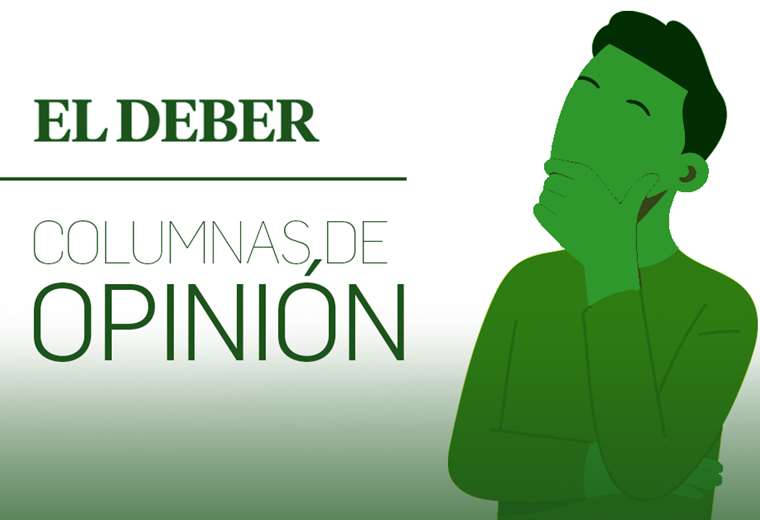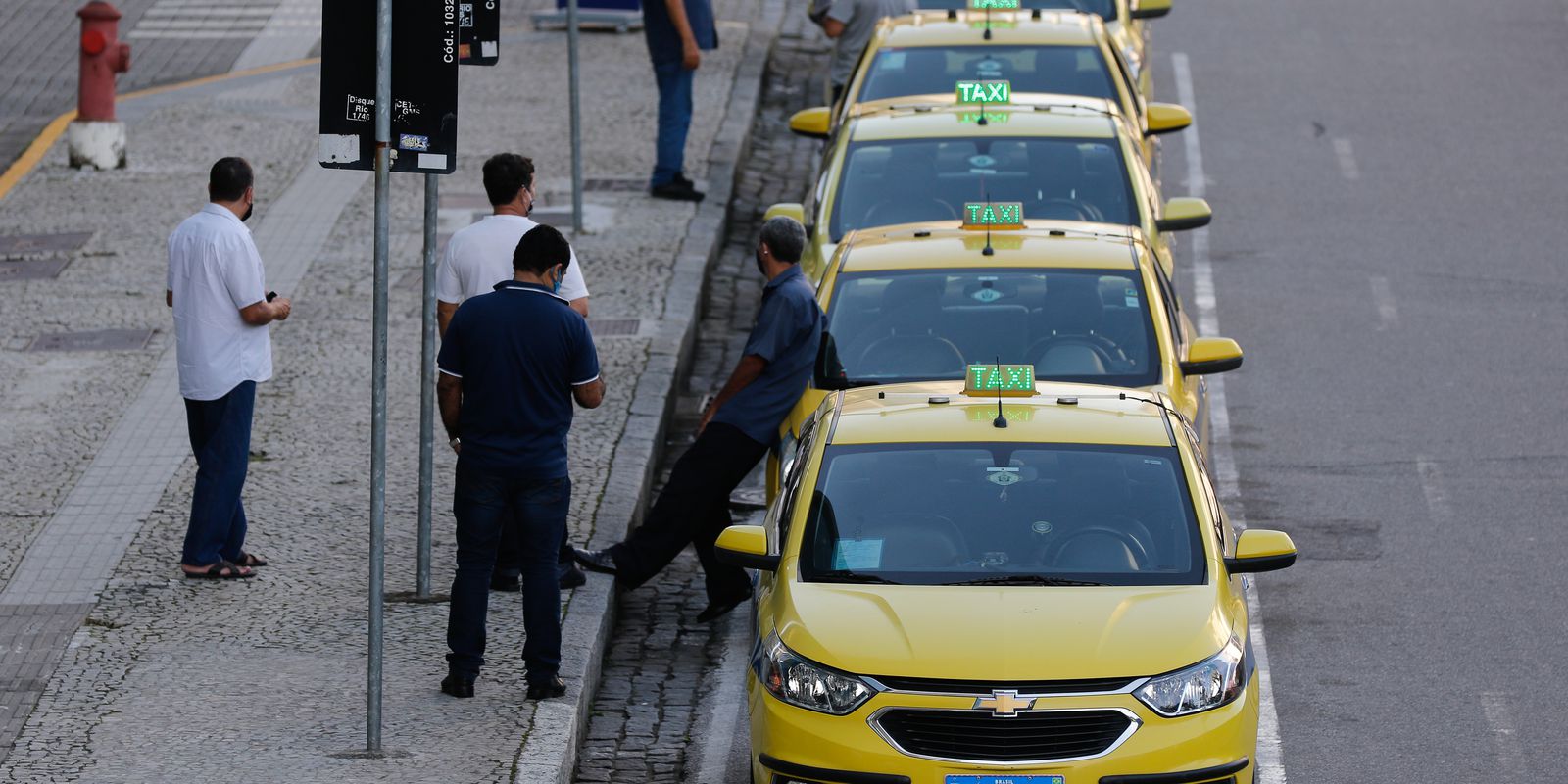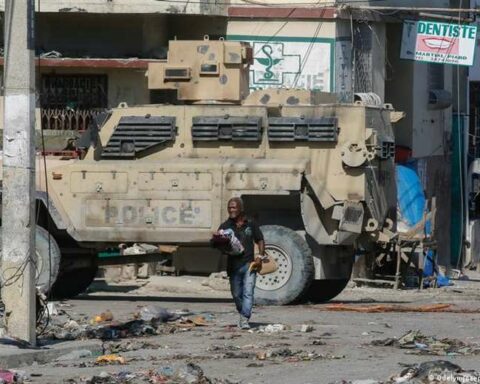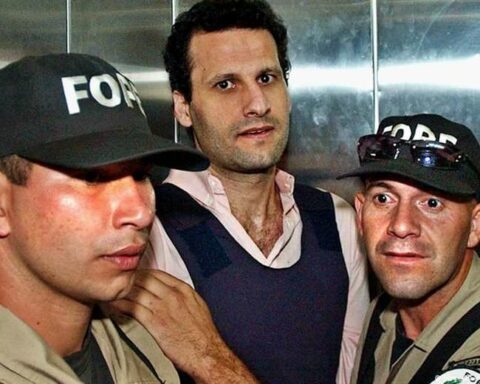August 30, 2022, 4:00 AM
August 30, 2022, 4:00 AM
By Oscar Ortiz Antelo – Former Senator and former Minister of State
In a few days, Chile will face the vote that will decide whether to approve the constitutional text proposed by the Constitutional Convention. Surprisingly, in all the polls that have been published so far, the rejection option continues to be the majority. The proposed constitutional text is so bad that many of those who promoted the convening of a constituent assembly are asking for a rejection vote in order to have another opportunity to draft a new Constitution.
What has happened so that the Constitution that aroused so many expectations to overcome the social outbreak, which generated so much violence, with the burning of 27 Santiago metro stations, and of several churches, among other examples of the destruction caused by the demonstrators, one of whom is today the president of Chile, generate so much rejection? A little over a year ago, the referendum to decide the call for the Constituent Convention won overwhelmingly and in the subsequent election of the constituents the most radical forces achieved the majority of the representation in the Convention.
Although it is not yet known what the final result of the vote will be and there is mistrust about the influence of the ruling party in the search to save the Constitution, one way or another the Chilean people are heading towards a new frustration, because as many have already discovered countries in the region, including Bolivia, constitutions by themselves do not solve problems or ensure the prosperity of nations, although if they are poorly drafted they can constitute straitjackets that generate permanent obstacles to democratic consolidation, coexistence and citizen integration and economic and social development.
Furthermore, in the case of Chile, the scandals that arose during the Constitutional Convention, the falsehoods discovered about many of the most radical activists who were elected as a result of their role in the protests, and the rapid deterioration of the image of the president Boric, who closely linked the management of his Government to the approval of the new Constitution, are opening the eyes of millions of Chileans to the deception of the constitutional spell and the refoundationism that constantly fascinates the Latin American peoples.
What constitutes a true case study is that Chile, objectively and from many indicators, is the country that has made the most progress in Latin America in reducing poverty, consolidating the foundations of a constitutional democracy and laying the foundations for sustainable development, which had managed to create the largest middle class with better living conditions in the region, so the level of violence and destruction seen in the 2019 protests caught the entire political system by surprise, including the Coalition of political parties. left that governed the country more than 20 of the last 30 years.
How do you get to such a deep state of discomfort and violence having progressed so much? Surely many answers. One of them is that there is a deliberate bet by many radical leftist political groups that systematically exacerbate unrest, confrontation and social polarization to destabilize governments and democratic systems and come to power.
In the case of Chile, they also did not forgive the success achieved by the market economy in reducing poverty to 10% of the population and heading towards being the first country to achieve the income level of a developed country.
However, this should not deny, as Jorge Gómez, a senior researcher at the Foundation for Progress, explained to me in a recent conversation, that the political system lost its capacity for representation because it did not know how to renew itself, it grew old with the same candidates for several decades. and did not know how to incorporate the new generations.
Also, Gómez points to the contradiction of the new generations, who are the main beneficiaries of the high levels of progress achieved and do not want to lose the levels of consumption to which they are accustomed and at the same time attack and destroy the system that made it possible to achieve this prosperity.
It is the complexity of the challenges that democracy faces at a time when the peaceful coexistence of those who think differently is being lost due to the commitment to discomfort, confrontation and polarization.








